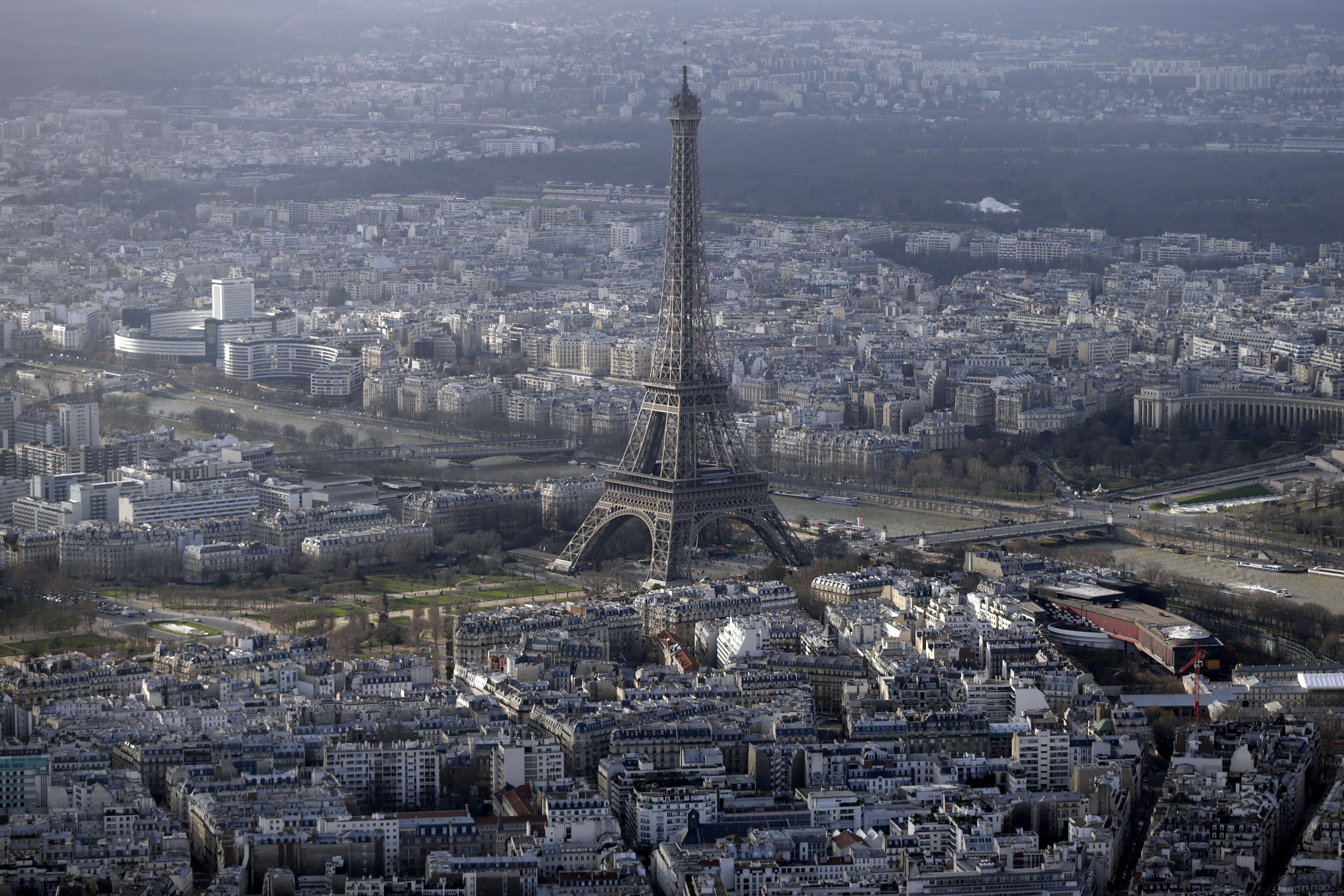
Imagine if Ted Cruz or Donald Trump proposed a policy to monitor thousands of Muslim citizens even if they had no specific ties to terrorist groups. Then, for good measure, they called for a new law to allow the police to search the homes of suspected terrorists without a warrant and to place terror suspects under house arrest without a court order.
Sounds like a nightmare. One can imagine the indignation. Pundits and politicians of good conscience would intone against the politics of fear. Some on the right would respond that political correctness should not be a barrier to counterterrorism.
But what I have just described is not a Republican sound bite. Rather, it is the current counterterrorism posture of France. Since the attacks in Paris last November, the socialist government of President Francois Hollande has placed his country under a state of emergency. France's national guard has been deployed to protect sensitive religious sites and other "soft targets." The country of Voltaire, Diderot and Camus is in 2016 the police state that critics warn Cruz or Trump would bring about if given the chance.
Just listen to Bernard Cazeneuve, the French interior minister. Earlier this month, I asked him at a speech at George Washington University how many French citizens his government was now tracking. He responded, "We are monitoring several thousand people, individuals, not all of them are necessarily terrorists."
He went on to explain that his ministry is working with allied intelligence services and universities to spot trends among young people who self-radicalise. He pointed to a recent case where a high school student in Marseilles with no prior connections to terrorist groups attempted to murder a teacher. "The difficulty of counterterrorism today is less the difficulty of the intelligence we have, but the difficulty of analysis," he said. "When we have a low signal attached to an individual, that person doesn't seem to be involved in terrorism, it doesn't mean that person is not dangerous."
It's not just France. In the UK, the National Health Service has a programme encouraging citizens to report neighbours who may be going down the path of radicalisation, to intervene before a person makes the plunge. British social workers cooperate with British police to prevent teenagers from joining extremist conflict.
One need only look at photographs in the last week from the Brussels neighbourhood of Molenbeek to see in practice what Cruz called for on Tuesday when he said the police should "patrol and secure Muslim neighbourhoods" in the US.
None of this is to say that America should adopt Europe's approach to counterterrorism, or for that matter Cruz's law enforcement strategy for Muslim neighbourhoods. After all, how does one define such a neighbourhood in a country like America, where people of all faiths feel free to live wherever they choose? And while Cruz says he was only calling for a return to what he characterised as the New York Police Department's "proactive" intelligence-gathering policy of the 2000s, many counter-terrorism experts say such rhetoric fuels suspicion among the vast majority of Muslim-Americans the police and FBI count on to help them with counterterrorism investigations.
Fortunately, the US is different than Europe. The Muslim community here is far more integrated into society than many Muslims in European countries. As Seamus Hughes, a former US National Counterterrorism Center official and deputy director of George Washington University's programme on countering extremism, told me Tuesday, among the 84 individuals arrested in connection to the IS, there is no common profile, other than that they tend to be younger men. "In the United States, communities don't radicalise, individuals do," he said.
But the response in France, Belgium and the UK to violent extremism is nonetheless a cautionary tale. When advanced democracies are terrorised, our freedoms are often the first casualty. This is not because of an inordinate fear of terrorism. It is rather because playing defence against a homegrown terror threat presents us with terrible choices. We debate closing our borders, enhancing state surveillance or accepting the reality that every now and again one of our neighbours will engage in mass murder. And while the US is not Europe, as the San Bernardino shootings showed, our citizens are not immune to the lure of radicalization.
Policing "Muslim neighbourhoods" or preventing Muslim immigration will not prevent terrorist attacks. There is no silver bullet. But to dust off a chestnut from the George W. Bush presidency, it's also true that it's better to fight terrorists over there than over here. As Europe is now learning, to delegate the war on terror to the police is not the end of war, but rather the beginning of a police state. - Bloomberg View